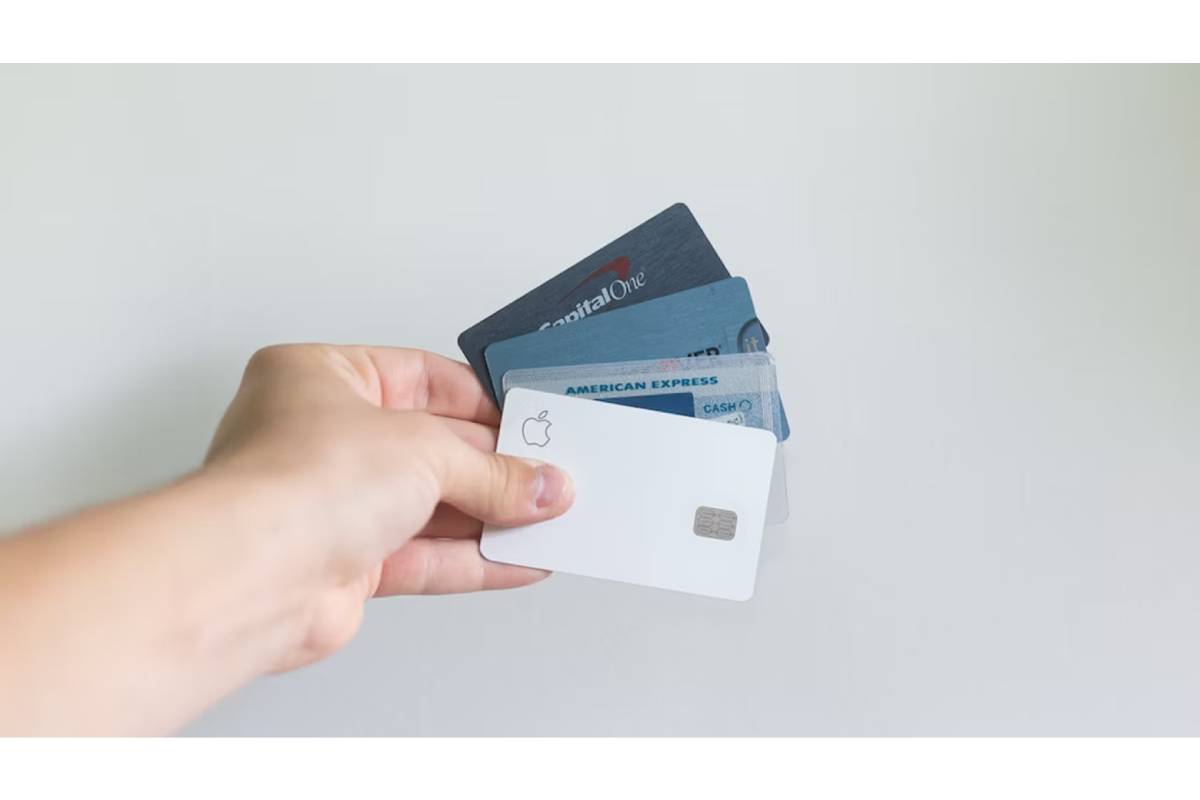Introduction
Card tokenization is a process that replaces sensitive card information with a unique identifier called a token. The token can be used to process payments without exposing the actual card details, such as the card number, expiry date, or CVV code. This reduces the risk of card fraud and data breaches, as well as simplifies the compliance with payment security standards.

Also Read – How to choose a payment gateway that is best for your business
Reserve Bank of India has issued guidelines for card tokenization in January 2019, with an aim to protect the cardholders’ data and comply with the latest data safety rules. The RBI has mandated the implementation of card tokenization for all card transactions by June 30, 2022.
According to the RBI guidelines, card tokenization can be offered by banks, with the support of card networks, to holders of debit, credit and prepaid cards. The cardholders can request for tokenization of their cards through a token requestor, which is an entity that accepts the request and passes it on to the card network to issue a corresponding token. The token requestor can be a third-party app provider, an e-commerce platform, a merchant or any other entity that facilitates payments. The token issued by the card network is unique for a combination of card, token requestor and device (such as mobile phone, tablet, laptop etc.). The token can only be used for transactions through the specific device and with the specific token requestor. The token cannot be used for any other purpose or with any other entity.
The cardholders can also de-tokenise their cards, which means they can revoke the tokens and restore their original card details. The de-tokenisation process can be initiated by the cardholders through their banks or the token requestors.
Also Read – Unlocking the Secrets of EMV Certification: The Brief Guide to Secure Payment Processing
The RBI has also specified certain conditions and requirements for offering card tokenization services. Some of them are:
- The cardholders should give explicit consent for tokenization and de-tokenisation of their cards.
- The cardholders should have the option to set and modify per transaction and daily transaction limits for tokenized card transactions.
- The cardholders should be able to view the list of tokens issued against their cards and identify the respective token requestors.
- The banks, card networks and token requestors should ensure that the tokens are securely generated, stored and transmitted.
- The banks, card networks and token requestors should comply with the data protection and privacy laws and regulations in India.
- The banks, card networks and token requestors should adhere to the PCI-DSS standards and other relevant security standards for card tokenization.
Benefits Of Card Tokenization
Card tokenization has many benefits for secure payment processing in the Indian payment industry, it has become an essential part of payment stack of every business having online presence Some of these benefits are:
- Enhanced security: Card tokenization protects card data from unauthorized access and misuse. If a token is stolen or compromised, it cannot be used to make fraudulent transactions or to access the original card information. Moreover, card tokenization reduces the scope of PCI DSS (Payment Card Industry Data Security Standard) compliance, as merchants and service providers do not need to store, process, or transmit card data in their systems.
- Seamless customer experience: Card tokenization enables customers to make payments faster and easier, without entering their card details every time. Customers can store their tokens in digital wallets, mobile apps, or online accounts, and use them to make one-click or one-tap payments. This improves customer convenience and loyalty, as well as increases conversion rates and sales.
- Innovation and interoperability: Card tokenization allows for the development of new and innovative payment solutions that leverage the power of tokens. For example, tokenization can enable biometric authentication, QR code payments, contactless payments, and device-based payments. Furthermore, card tokenization can facilitate interoperability between different payment platforms and networks, as tokens can be exchanged and processed across multiple channels and devices.
Conclusion
In conclusion, card tokenization is a legal and regulatory framework that enables secure and seamless payments using tokens instead of actual card details. It is expected to boost the growth and innovation of the Indian payment industry and provide better customer experience and protection. However, it also requires careful implementation and coordination among various stakeholders to ensure its success and sustainability.

